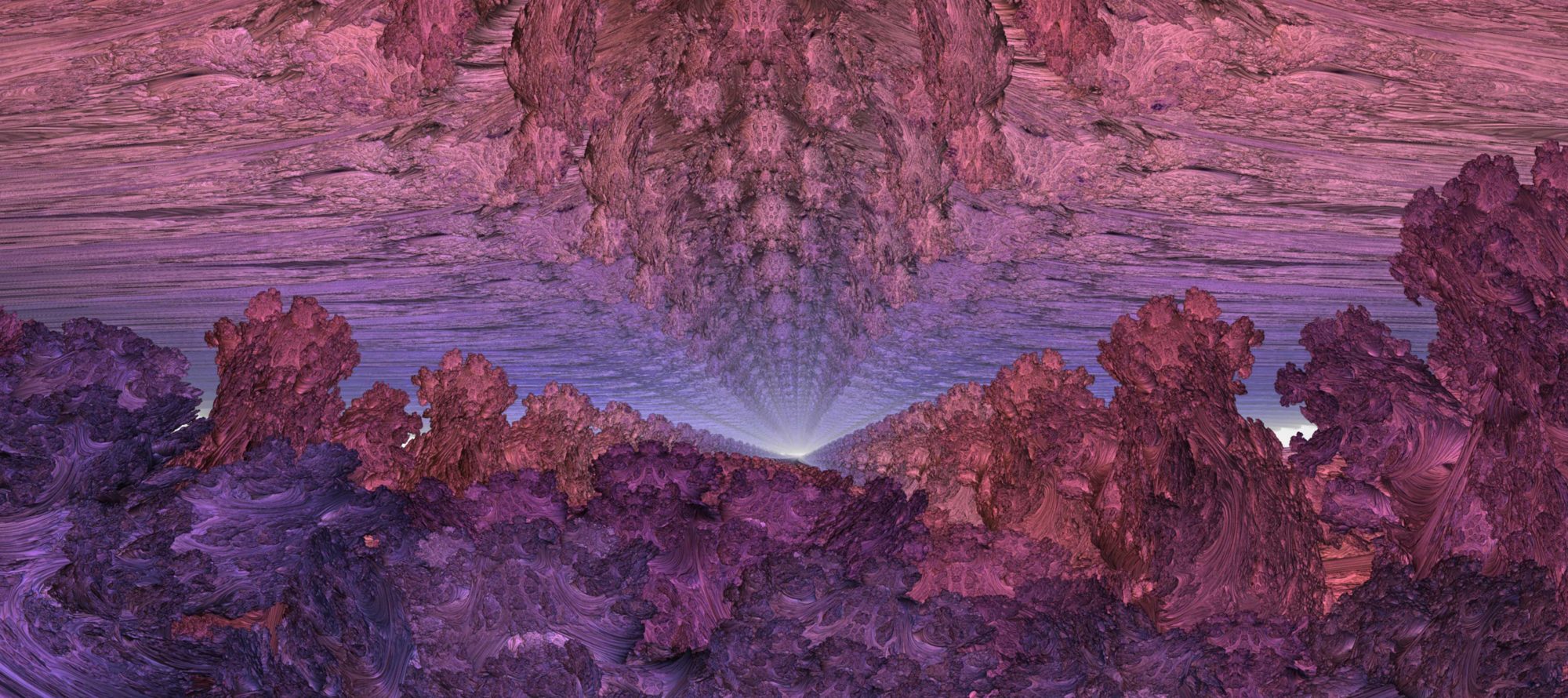This video features the music of Noodreem. More cool tunes can be found here:
https://morphologix.bandcamp.com/album/full-spectrum
When the barbarians invaded the citadels of Rome and Europe was plunged into the dark ages, the flame of knowledge was kept alive in the east.
One thousand years ago, in the House of Wisdom in Baghdad, scholars would gather from afar to discuss astronomy and mathematics. Scribes copied and translated the ancient texts, and it was through these that this knowledge returned to Europe once more. Many Greek classics are only known to us through these Arabic translations.
The Arabic scholars made important discoveries of their own. Their research gave such words as alcohol and alchemy.
It was here that Al-Khwarizmi devised a systematic way of manipulating numerical relationships between unknown quantities: a method he called al-jabr, or in modern English, algebra. This technique proved invaluable in commerce and eventually spread to Europe where several centuries later, Rene Descartes applied it to geometry, effectively uniting the realms of shape and number.
Behind Al-Khwarizmi’s innovation was a deeper idea: a specified set of rules determining each step in solving a problem – what we now call an algorithm.
As a consequence of the digital revolution more and more of our lives are governed by algorithms.
Like living things, algorithms can be nested recursively inside one another.
One of the revelations of computer science is that extremely simple algorithms can produce fantastically complex patterns. This has led to a widespread belief among scientists that the most complex patterns we know – ourselves – are also algorithmic, and an extreme version of this belief: that this algorithm is what defines us: we are algorithms, molecular biology simply provides the substrata on which our awareness is processed, at the moment, but give us a few billion and we’ll download your consciousness into a machine.
Honest.
